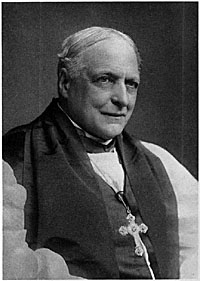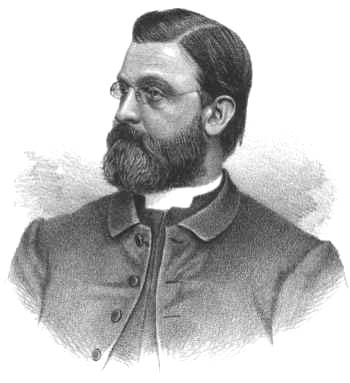It's been a while since I did a "Worship Wednesday" post.
As someone who extends the invitation to the Lord's Table on a nearly weekly basis, I've been thinking about the practice of fencing the table.

No...that's not elders fencing the Lord's table...that's just the elderly, fencing.
While I agree that it is based in seeking to be a wise steward of the mysteries, I wonder if it doubles-down on the notion that Calvinists are always looking for something to keep
you out of the kingdom. (yes...I'm an
Anglican Calvinist - even when it comes to the Eucharist.)
I'm deeply concerned with guarding the integrity of the table. Yet churches disagree about how to do that. There seem to be three variations:
- Closed communion: only members of this congregation, and who are not under discipline, may come. This was a standard practice in the Presbyterian churches. Elders visited the home and gave communion tokens to be used on an upcoming sabbath (quarterly communion being the norm).
- Close communion: requires an essential agreement of practice & doctrine. Common examples are membership in a particular church structure - such as Roman Catholicism, having been baptized by immersion (Baptist), or having been confirmed by a bishop in the historic succession (classical Anglican).
- Open communion: all who are [baptized] Christians may receive.
Since communion is a covenant sign, the only communicants should (ideally) be members of the covenant community. It would therefore be wrong for a pastor to knowingly administer communion to an open unbeliever. And baptism seems a reasonable starting point for determining membership in the community (whether you are a paedobaptist or credobaptist). The practice of completely open communion (letting even the unbaptized come) seems so laughable as to be ruled right out,
though some defend it.
I think the Prayer Book gets it right. It begins with a closing of the Table to notorious sinners - those who are publicly at odds with the teachings of Jesus:
If any man here be an open blasphemer, adulterer, in malice, or envy, or any other notable crime, and be not truly sorry therefore, and earnestly minded to leave the same vices, or that doth not trust himself to be reconciled to Almighty God, and in charity with all the world, let him yet a while bewail his sins, and not come to this holy Table, lest, after the taking of this most blessed Bread, the devil enter into him, as he did into Judas, to fulfil in him all iniquity, and to bring him to destruction, both of body and soul.
Notice that even at this moment, there is an opportunity to repent and receive, with a gracious hope that whatever intention is stated in the reception it will be carried out by power of the same. It also asks for us to approach the sacrament with the assurance that we have been reconciled to God by Christ's sacrifice.
"Ye who do
truly and earnestly repent you of your sins, and
are in love and charity with your neighbors, and
intend to lead a new life, following the commandments of GOD, and
walking from henceforth in His holy ways, draw near with faith, and take this Holy Sacrament to your comfort."
Baptism is a sign of repentance, a prerequisite to authentic table fellowship with Him who came to save from sin. Our repentance is shown in the way we live towards others - namely our charity and love for the brethren. Jesus said if we love Him, we'll keep His commandments; loving others and obeying the moral law are two sides of the same cloth. Lastly, acknowledging that there is no health in us to do any of the above, we must come expecting to receive what we of our own power cannot merit - nor can accomplish.
So how far should we seek to close off the table? What is your practice?















